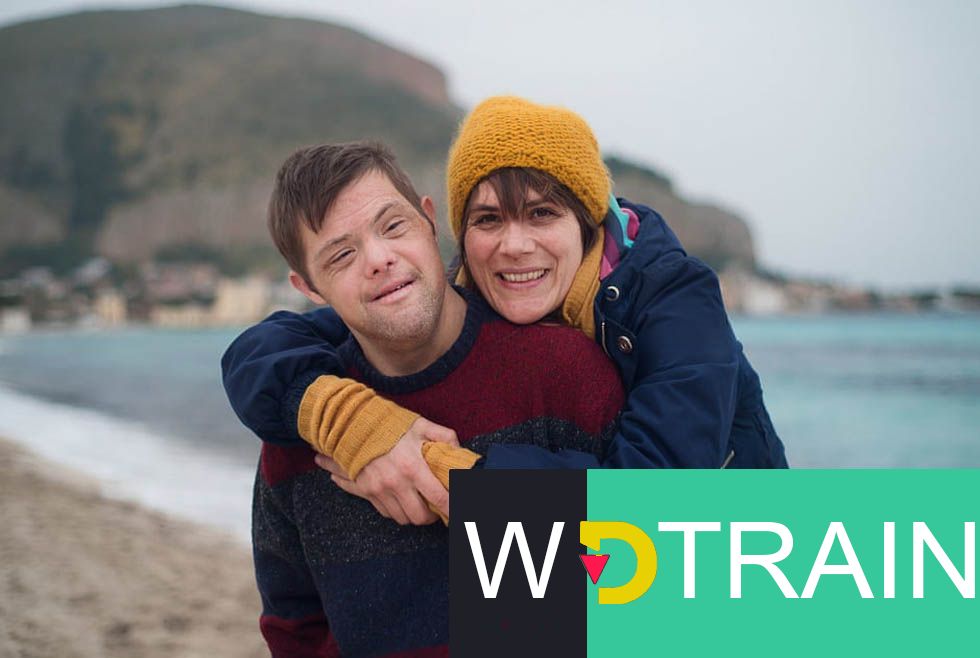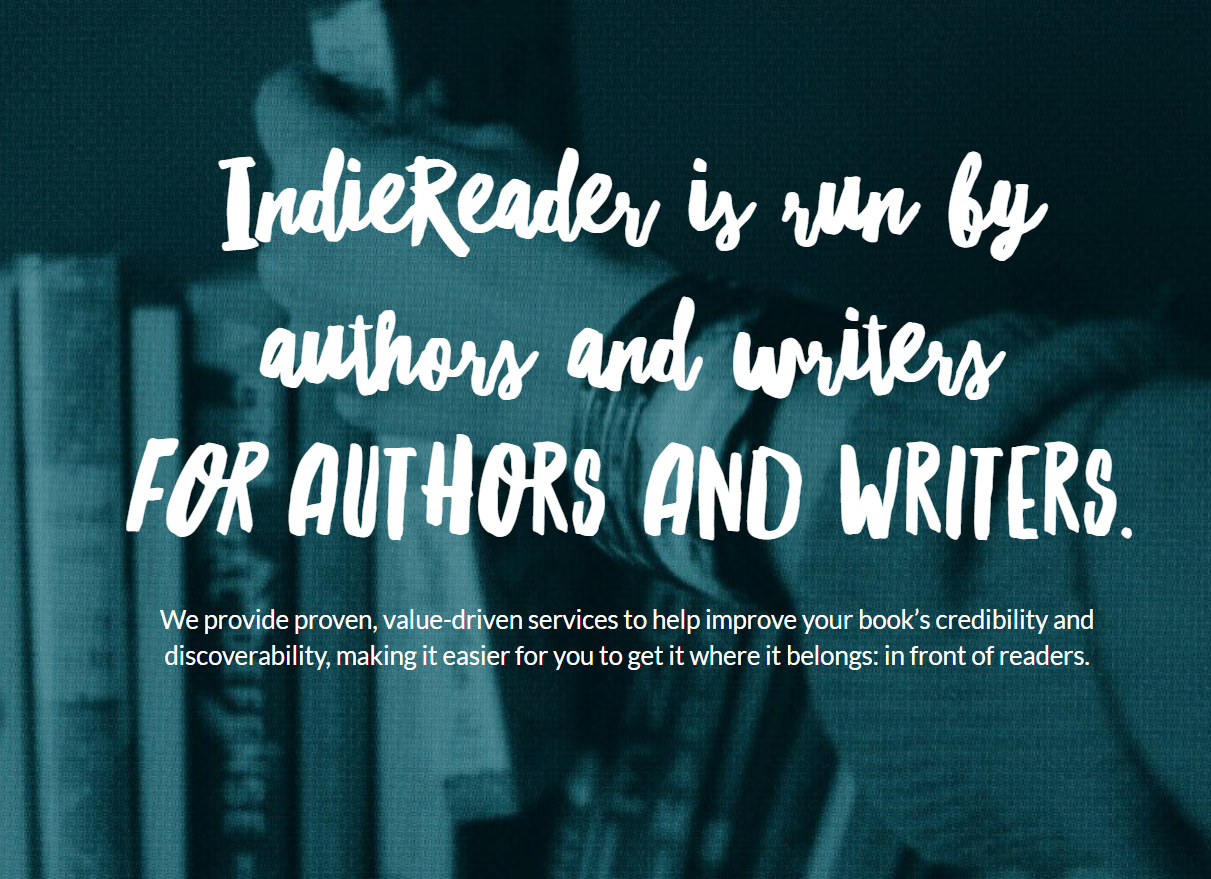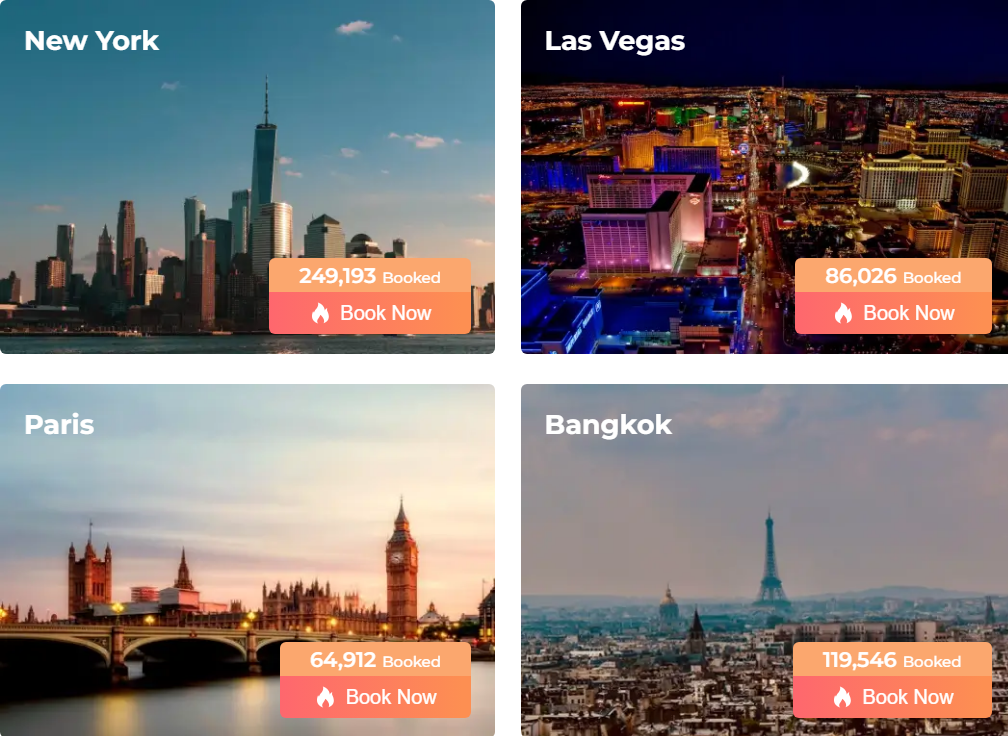Till three years in the past, I assumed I used to be courageous. In spite of everything, I’m a lady who has trekked all the best way throughout the Andes with out a map. However there’s one factor that scares the hell out of me: getting pregnant.
It’s late 2018 and I’m 38 years previous. I’ve at all times needed to begin a household, and I’ve reached a stage in life when doing so would make sense. I’ve established a profession as a contract journalist, and I’ve lastly discovered the proper man. We’ve been collectively for a 12 months now; household and mates have begun watching intently to see if I’m nonetheless consuming alcohol.
What they don’t know is that worry has begun to eat my life. I’m stricken by a query that received’t go away: what if I give beginning to a disabled youngster?
Most of my mates don’t suppose it’s such an enormous deal: there are prenatal diagnostic assessments, in any case. In Germany, the place I reside, antenatal screening is obtainable to all ladies over 35. I’ve at all times resisted happening that route, on precept. As a result of my brother has Down’s syndrome; as a result of I need individuals like him to proceed to be part of our society. I had an amazing childhood, not regardless of my brother however along with him.
And but the questions received’t go away. If I get pregnant, what diagnostics would I go for? And what would I do with the outcomes? Simply asking them appears like betrayal.
Concern begins to creep into my physique. Earlier than lengthy, I develop frequent again pains and, after a number of months, I’ve to cease working: I’ve two herniated discs. I attempt to persuade the world, and myself, that it’s not an enormous deal. I’ve an MRI and undergo bodily remedy and rehab, however nothing helps. I’m appalled by my physician’s insinuation that the entire thing may very well be psychosomatic. I can’t sit or lie down – the ache fades solely after I stroll. I spend nights pacing via my neighbourhood, Berlin’s hip Neukölln district, in tears, afraid that I’m shedding my thoughts.
What’s incorrect with me? I begin searching for solutions. I be a part of a gaggle on Fb the place grownup siblings of individuals with disabilities focus on their experiences. Tentatively, I kind: “I need to have a baby, however I’m terrified that it is perhaps disabled. And I despise myself for feeling this worry. Are you aware what I’m speaking about?” I hit “Enter” and shut my eyes in disgrace.
By night, a number of ladies have responded. One gives a definitive reply: having a baby is out of the query for her; she feels that she has too many obligations already. Others voice issues about doubtlessly hereditary genetic defects they may cross on, fears of oxygen deprivation at beginning and of relationships destroyed by a incapacity within the household. Studying the responses, I can’t assist however cry. However they’re tears of aid. I can really feel the ache behind the phrases – and at last I can perceive my very own struggling. I’m not alone.
Round 2.3 million individuals within the UK have a brother or sister with a incapacity, in keeping with the NGO Sibs. In Germany, the quantity is considered someplace between 1 and 4 million. Actual figures are onerous to come back by right here. Statistics on disabilities and beginning defects usually are not centrally collected, and for good motive: below Aktion T4, the Nazis’ euthanasia programme, an estimated 70,000 individuals with disabilities or different afflictions had been murdered. Throughout Europe, the whole variety of victims was between 200,000 and 300,000 – individuals who, even at the moment, haven’t obtained the identical recognition as different victims of the Holocaust.
Simply studying about this triggers a reminiscence from my childhood. I’m 4 years previous and strolling down the road in entrance of our home, holding palms with my brother David, who is 2 years older than me. The farmer we purchase milk from, a person of the conflict technology, leans over the fence. “That wouldn’t have occurred below Hitler,” he says.
I understand how livid my mom bought when she heard such issues, and the way speechless. However I additionally understand it was good for us to develop up in a small city within the Black Forest. Everybody knew my brother. Folks would give him sausages, and if he managed to sneak out of the home with out anybody noticing, they might carry him house.
Nonetheless, phrases like that depart a mark. Looking back, I perceive why I used to be continuously looking out, prepared at a second’s discover to bodily battle for my brother.
I start to grasp the tormented silence I preserve about this situation isn’t nearly me – it’s additionally an try to guard my household. I’m constructing a fortress to protect a weak inside from something dangerous exterior.
The world I reside in appears to be one in every of hopeless contradiction. All over the place, individuals discuss inclusion and have fun variety. Folks with Down’s syndrome sit exams in school and stroll down the catwalk as fashions. On the identical time, this world does all it will possibly to smell out these individuals within the womb; to remove them. Researchers within the US are engaged on “curing” the syndrome with the assistance of the gene-editing device Crispr-Cas9. Within the UK, the variety of infants born with Down’s syndrome has dropped by 30% in NHS hospitals which have launched new, non-invasive prenatal assessments. In Denmark, hardly any youngsters with trisomy 21, the genetic anomaly that causes Down’s, are born any extra.
My brother is not any mistake, and nor are the lives my dad and mom have led. They’re, moderately, an unbelievable achievement in a society that supplied them solely paltry assist. On no account do I need to be misunderstood, and nor do I need to present any gasoline to a world already intent on eliminating something that’s completely different. And for this reason I stored my burden to myself for therefore lengthy: the sensation that my life can be over if I gave beginning to a baby with a incapacity.
At a routine appointment, my gynaecologist asks about my plans for beginning a household. I inform her that I’m afraid. I merely can’t have a baby with disabilities, for causes I can’t satisfactorily clarify, not even to myself. And aborting one is equally out of the query.
By now I’m 40 and my statistical chance of giving beginning to a baby with trisomy 21 is barely greater than 1%, the identical as for any girl my age. Ninety-five per cent of Down’s instances, together with my brother’s, are the results of a spontaneous genetic mutation moderately than heredity.
The gynaecologist dismisses my fears. “However the diagnostics will present us that,” she says. “Don’t fear.” My coronary heart jumps into my throat as I take into consideration the dilemma that might current. By then it’s too late, I need to say. I’m relieved when she alters the topic.
As soon as once more, I don’t say what’s actually bothering me: the sensation, for instance, of leaving my brother David additional and additional behind. My brother, who was my companion and my confederate all through childhood. For whom I spoke when he fell silent for a number of years as a small youngster, out of frustration that no one understood him. For whom I spent years searching for some magic incantation that might make him “regular”. My brother, who sings loudly on the swing and concentrates so devotedly when drawing photos, then as now. Who can love extra wholeheartedly and deeply than anybody else.
David turned 44 final summer time. Like me, he has moved out of our dad and mom’ house, however he won’t ever have the ability to reside independently. He has needed a girlfriend for years, however has by no means discovered one. Like most individuals with Down’s syndrome, he won’t ever have youngsters. It’s not my fault; it’s no one’s fault. But that’s generally the way it feels. Why him? It might have been me.
It’s autumn 2019. My again feels higher, and I can work once more. My boyfriend has turned out to be probably the most loyal and devoted associate I might want for. This man would by no means depart me within the lurch with a baby, it doesn’t matter what that youngster can or can’t do.
Throughout my seek for different adults in my state of affairs, I study that siblings akin to myself usually have a tough time discovering a associate – that they generally tend to evaluate each candidate on the premise of how they get together with their disabled sibling. However once they lastly discover somebody who passes that take a look at, the connection often endures.
I need to know the way ladies in comparable conditions are coping with the difficulty that’s tormenting me. Once more, I put up the query on Fb. A lot of the solutions come from ladies of various ages and circumstances.
Charlotte (not her actual identify) is 27 and grew up with three brothers, all of whom are severely autistic. She has a wholesome toddler. However the path to the place she is now wasn’t a straightforward one. “It was clear to me that I didn’t need a disabled youngster. I’d simply had sufficient,” she tells me. There was no approach she wasn’t going for genetic testing, however she says of the physician she noticed: “He was completely chilly, no empathy.” The outcomes had been unclear. Autism may be handed down genetically, however no one actually is aware of how, and there aren’t any prenatal diagnostics. “Would you’ve had an abortion?” I can hear my voice getting shaky. “Sure, in fact,” Charlotte says. She provides that she wouldn’t have been in a position to imagine her dangerous luck. “I’d have thought: whats up, destiny? Have you ever utterly misplaced it?”
I felt horrible about taking on the diagnostics, however realised that no matter is perhaps taking place in my stomach, I needed to know
I flinch – however I’m additionally impressed by her readability. Different individuals I communicate to inform me of childhoods crammed with night-time care duties and cleansing up drool. Of wiping bottoms and childhood violence. In fact, the individuals who reply to my question don’t quantity to a consultant pattern. However there are a powerful variety of them. Over time, I speak to no less than 50 men and women. More and more, I begin to surprise why I’m turning my very own state of affairs into such an enormous deal. In relation to disabilities, in any case, Down’s syndrome is actually on the sunny facet.
Little is understood in regards to the results of a kid’s incapacity on the lives of their brothers and sisters. I come throughout the nurse-scientist Sabine Metzing. She wrote her dissertation about youngsters who present nursing care to relations. She describes them as “people who haven’t any selection”. They’re “available” and at all times ready to leap in the place needed. It sounds form of brutal. That’s not me, I inform myself.
It’s nearly an article of religion amongst such siblings to keep away from speaking about it. As adults, they’re extra prone to undergo from melancholy, allergic reactions or, I’m to find, continual again ache.
There was quite a lot of life and love in our house – hugs, birthday events and merriment. Positive, I helped handle my brother. I used to be continuously out and about with him, particularly as youngsters. It appeared regular to me that he was slower and wanted quite a lot of assist. I used to be 9 when he developed diabetes. I keep in mind how he would rifle via the pantry at evening, pushed by poor diabetes management and cravings. I recall diabetic shocks and my mom’s desperation. Later, from the age of 12, I’d usually tackle the duty of measuring his blood sugar ranges and giving him insulin injections – particularly when my mom, who developed well being issues of her personal, was away for bodily remedy at a clinic, generally for weeks at a time.
It by no means felt like a burden. Fairly the other: I used to be pleased with being so accountable and impartial. After I see teenage ladies now, I envy how carefree they appear. I’m amazed on the confidence that I, being the youngest, had again then.
Dr Florian Schepper, a psychologist on the Leipzig College hospital, is among the few researchers specializing in the siblings of individuals with disabilities. Since 2006, he has been working with teams of kids and younger adults who’ve chronically ailing or disabled brothers or sisters, or whose siblings have died. I ask him what sorts of issues they have an inclination not to have the ability to see in themselves. “The burden they carry,” he says. “Irrespective of how effectively a household meets the problem, wholesome siblings are at all times in a particular state of affairs, for his or her whole lives.”
It’s, he says, most obvious on the time of main life occasions: “When necessary selections about their very own lives should be made, when it’s about self-fulfilment, siblings discover themselves going through dilemmas that others can’t even think about. It produces nice stress.” It’s extraordinarily useful to listen to this from an professional. I really feel as if I won’t be fairly as loopy as I assumed.
My mates proceed having youngsters, and I’m amazed at their nonchalance about it. My makes an attempt to speak about my predicament change into much less frequent. I do know that they imply effectively once they say issues like, “You must suppose positively” or, “Most kids prove wholesome.”
Like me, Sarah (not her actual identify) has a brother with Down’s syndrome. Six weeks earlier than I speak to her, the 36-year-old gave beginning to a wholesome child. “It value me three years of hand-wringing,” she says. “The sensation of being alone with it was terrible.” Sarah says she didn’t need to focus on her fears together with her household. “I do know my mom feels responsible on my account. Talking in regards to the burden can be extraordinarily hurtful to her.”
I like my household. However on the identical time, it’s onerous to speak to them about my fears. It took a very long time earlier than I discovered the braveness to debate it with our eldest brother, although he has already taken the plunge and change into a father.
Sarah didn’t have any antenatal assessments: “Ending my being pregnant would have been a betrayal of my brother.” She informed her household at Christmas that she was pregnant and, later, her brother sidled as much as her throughout a stroll. “He requested me: ‘What’s going to you do when you’ve got a baby like me?’ I used to be so joyful at that second that I had already made my determination. I used to be in a position to inform him: ‘I’ll have you ever over so you’ll be able to say whats up.’”
Sarah says quite a lot of sensible issues, however one hits notably near house. “Typically I’m wondering what took me so lengthy? I believe it had one thing to do with avoidance – the sensation that if I made a decision to have a child, then I used to be taking a step away from my childhood household. I nonetheless present quite a lot of assist. It took some time to permit myself to begin my circle of relatives, and to distance myself a bit.”
It chimes with one thing that has weighed on me since I started realising that my brother was completely different from me: sooner or later, my dad and mom will now not be there, and will probably be extraordinarily possible that I’ll play a major position in caring for him. Following my father’s dying seven years in the past, my older brother and I had been each made authorized guardians, together with my mom.
Being a authorized guardian is a full-time job, one many brothers and sisters take over sooner or later. A research within the southern German state of Baden-Württemberg discovered that one in 5 adults with a incapacity reside within the house of a sibling. “Whether or not or not the dad and mom have such expectations, it’s perpetually the elephant within the room,” Schepper says.
The worry of the dilemma a being pregnant might current has not disappeared. However no less than I now perceive it higher. Not having a baby isn’t an answer both. My brother good points nothing if I restrict my very own life out of affection for him. Quite the opposite, he’s loopy about our eldest brother’s daughter, and continuously asks me when I’m going to have a child.
Now, lastly, I can inform him: quickly. It’s November 2021 and I’m in my ninth month of being pregnant. My again pains have vanished and in my stomach a child – match as a fiddle – appears to be getting ready for a profession in boxing. Typically, I can hardly imagine that I’ve made it this far. In some unspecified time in the future, the second got here after I realised I didn’t need worry to outline my life, regardless of how massive it was. I had just one possibility: attempting my luck and moving into the unknown. With out a map.
Finally, I took up all of the diagnostics obtainable, and felt horrible about it. I opted for an NIPT screening, a non-invasive blood take a look at – a prospect as disturbing to me now because it had been two years in the past. If I used to be going to know, I needed to know as early as I might, and with as a lot certainty as doable. After I first made the appointment, I wasn’t completely positive I’d go. However within the week main as much as it, my mom suffered a gentle stroke. She was taken into hospital for statement – and with our issues targeted on her, I realised that no matter is perhaps taking place in my stomach, I needed to know. Solely then might I decide that, as a grown girl, I might reside with. Even so, on the best way to the testing clinic, I might have spat in my very own face.
I used to be fortunate. I didn’t should decide. All assessments had been unfavourable, and the high-resolution ultrasound I had a number of weeks later didn’t flip something up both. When the outcome got here via, I wasn’t the one one crying with aid: my mom was, too. Now, the place there as soon as was worry, there’s a feeling of full amazement, coupled with gratitude. And the ardent hope that the beginning will probably be easy. My brother, quickly to be an uncle for the second time, is drawing photos of infants within the womb. And he’s desperately excited.
Dunja Batarilo gave beginning to child Clara in January.






